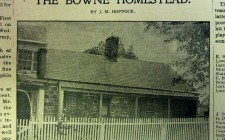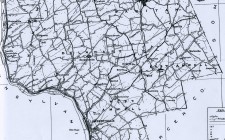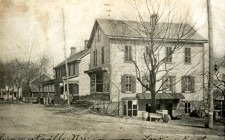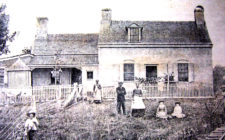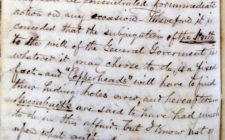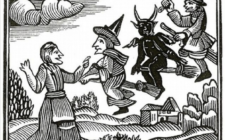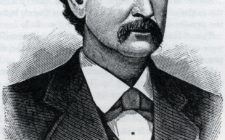Bowne Station
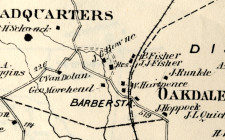
This article by Egbert T. Bush answers some questions about the Bowne farm that were raised in the previous post, “Dr. Bowne’s Homestead.“1 Lora Olsen had pointed out that there were two houses on the property, one quite old, and one built in the mid 19th century. But it turns out there was a third house—one built for the slaves that lived on the farm.
